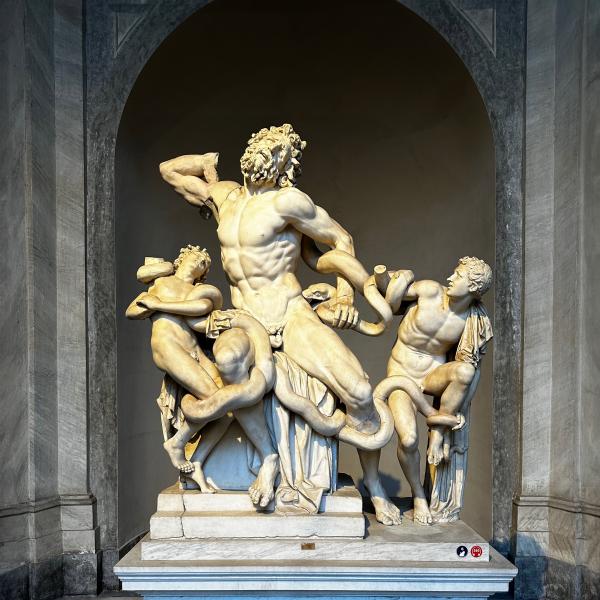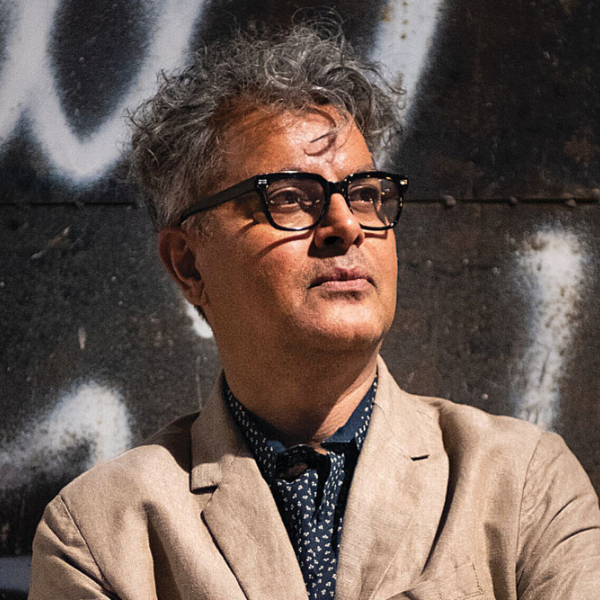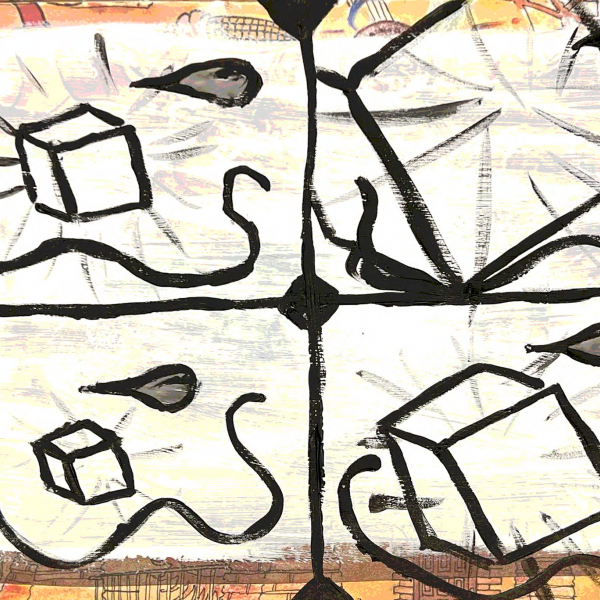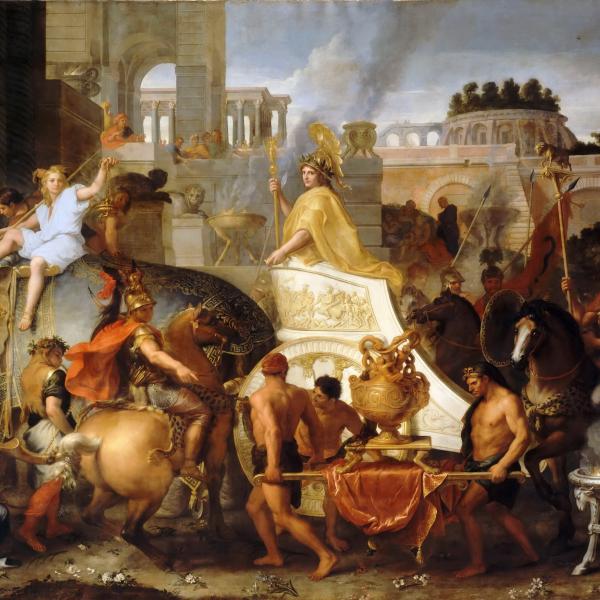By Vincent Sherry
Howard Nemerov Professor in the Humanities
Marjorie Perloff, the Sadie Dernham Patek Professor of Humanities Emerita at Stanford University, is this year’s recipient of the Washington University International Humanities Prize, awarded by the Center for the Humanities and supported by Dr. David and Phyllis Wilson Grossman. Professor Perloff will be delivering a lecture for the medal award ceremony at 5 p.m. in Graham Chapel. The title of the talk is “The Last Hapsburg Poet: The Love Poetry of Paul Celan and the Limits of Language.”
The material of the lecture is drawn from Perloff’s current work, which focuses on the literature of Austria in the period between the two world wars of the previous century. As with all of her distinguished work, this lecture will show the extraordinary capacity of analysis, explanation and appreciation that Perloff has brought to the discipline of literary study. Here, and in the body of work for which the International Humanities Prize recognizes, Perloff not only reads poetry closely and revealingly; she provides a historically informed understanding that allows the verse to resonate with the full import of its historical provocations.
In this talk, as in all of the groundbreaking work of her career, she has unlocked “the times” as the most powerful resource of creative activity for poetry as well as for our critical understanding of it. In The Futurist Moment: Avant-Garde, Avant-Guerre, and the Language of Rupture, published in 1986, for example, she reclaims the specificity of a micro-period in the European avant-garde just before the First World War. Or, in Radical Artifice: Writing Poetry in the Age of Media, where, already in 1991, she discerns our new electronic time as the basis of a new line, a new tempo, in verse, she shows the special synergy between the art of poetry and the wavelength of the present, the tone of the times.
 She takes time so seriously indeed that she can illuminate not only the radical particularity of this or that moment but, in other books, the profounder continuities between the phases of the 20th and, now, the 21st century. In one of her more recent books, then, 21st Century Modernism: The “New” Poetics, she connects some of the most significant initiatives of 20th-century modernism to the most ambitiously experimental verse of the current century. Bringing her historical memory to the contemporary scene and offering a precedent for the most contemporary of poetries, Perloff has served in a way to restore the future of poetry.
She takes time so seriously indeed that she can illuminate not only the radical particularity of this or that moment but, in other books, the profounder continuities between the phases of the 20th and, now, the 21st century. In one of her more recent books, then, 21st Century Modernism: The “New” Poetics, she connects some of the most significant initiatives of 20th-century modernism to the most ambitiously experimental verse of the current century. Bringing her historical memory to the contemporary scene and offering a precedent for the most contemporary of poetries, Perloff has served in a way to restore the future of poetry.
Along these lines, the lecture will demonstrate the special relevance of Celan to the concerns of our own critical present. There is a wonderful capaciousness in Perloff’s work at large, which is matched with an extraordinary generosity of intellectual spirit, so that her intelligence has become for poets and critics alike nothing less than an environment, a whole climate of inquiry and exchange, a place where poetry matters, without a question — or, through questions that only intensify its claims. This has been Perloff’s great gift to the culture of the contemporary study of poetry, which the Center for the Humanities is honored to recognize.
DOWNLOAD THE EVENT POSTER HERE.




